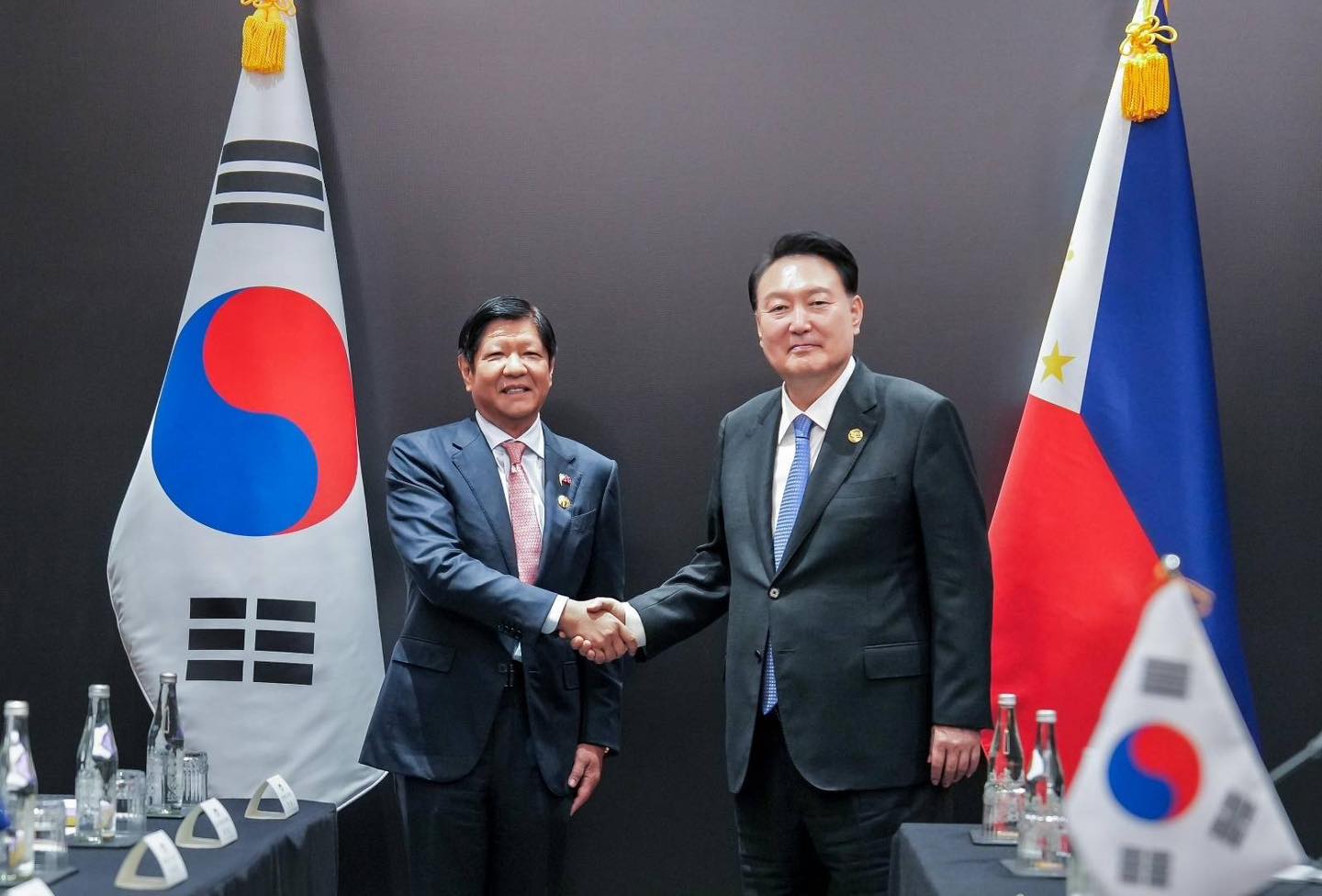PH, South Korea sign free trade pact; zero-tariffs on cars, agri, fishery products
The Philippines and South Korea have signed a free-trade agreement (FTA) that will scrap tariffs on Korean-made cars, green cars and auto parts as well on fishery and agricultural products that the country will be importing.
This came after Department of Trade and Industry (DTI) Secretary Alfredo Pascual and Korean Trade Ministry Ahn Duk-geun signed on Thursday, Sep. 7, the FTA on the sidelines of the Association of Southeast Asian Nations (ASEAN) Summit in Jakarta after a year and 10 months of talks and domestic procedures.
The signing was witnessed by both countries' leaders, President Ferdinand "Bongbong" Marcos Jr. and South Korean counterpart, Yoon Suk Yeol.

"There is a potential for consumption," the Korean government said in pushing for an FTA after it noted that the "Philippines has 110 million people (the 12th in the world and 2nd in ASEAN) and its consumption accounts for about 70 percent of the gross domestic product."
"As of 2022, it is the 5th trading partner of South Korea, reaching $17.5 billion in trade volume. The volume amounted to $12.3 billion in export, recording the 3rd in ASEAN countries, and to $5.2 billion in import," it added.
The Korean government also noted that the Philippines is a resource-rich country, with large reserves of critical minerals designated by South Korea including nickel and cobalt.
"As such, Korea can see a high value and potential to expand cooperation between the two countries," it said.
With the FTA, the Korean government said, cars and auto parts are expected to mainly enjoy the benefits.
The FTA will remove the five percent tariff on cars from Korea upon entry into force of the agreement.
Tariffs on car parts, which range from three to 30 percent, will also be scrapped within five years; while those on eco-friendly vehicles, such as electric and hybrid cars, will be eliminated within five years in line with the economic growth in the Philippines.
"In this context, South Korea's competitiveness against major economies in the Philippine automotive market will be significantly improved," the Korean government said.
There will also be zero-tariff on Korean agricultural and fishery products, such as processed food, currently at five to 10 percent; ginseng, at five percent; pepper, at five percent; pear, at seven percent; mackerel, at five percent. They will be subject to removal within 15 years.
"Meanwhile, the existing level will be maintained for agro-fishery and forest products sensitive on Korea's side by setting the concession table within the scope of FTAs already in place such as the Korea-ASEAN FTA and RCEP," it said.
"In terms of bananas the Philippines has an interest in, the tariff will be removed within five years, however, the safeguard measure will be implemented to avoid a surge in imports, if required," it added.
The Philippines is the 5th ASEAN member state with which South Korea has an FTA, after Singapore, Vietnam, Cambodia and Indonesia.